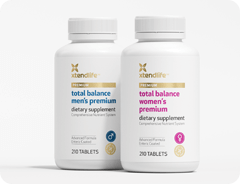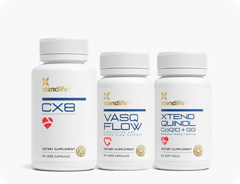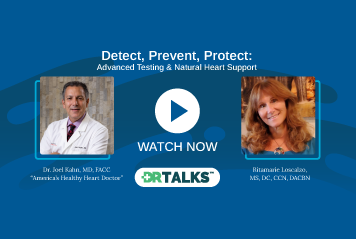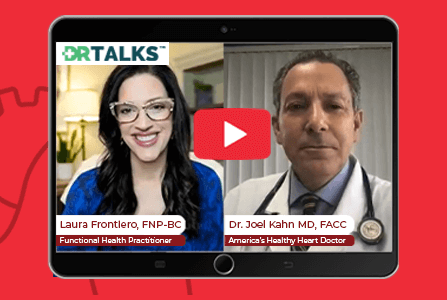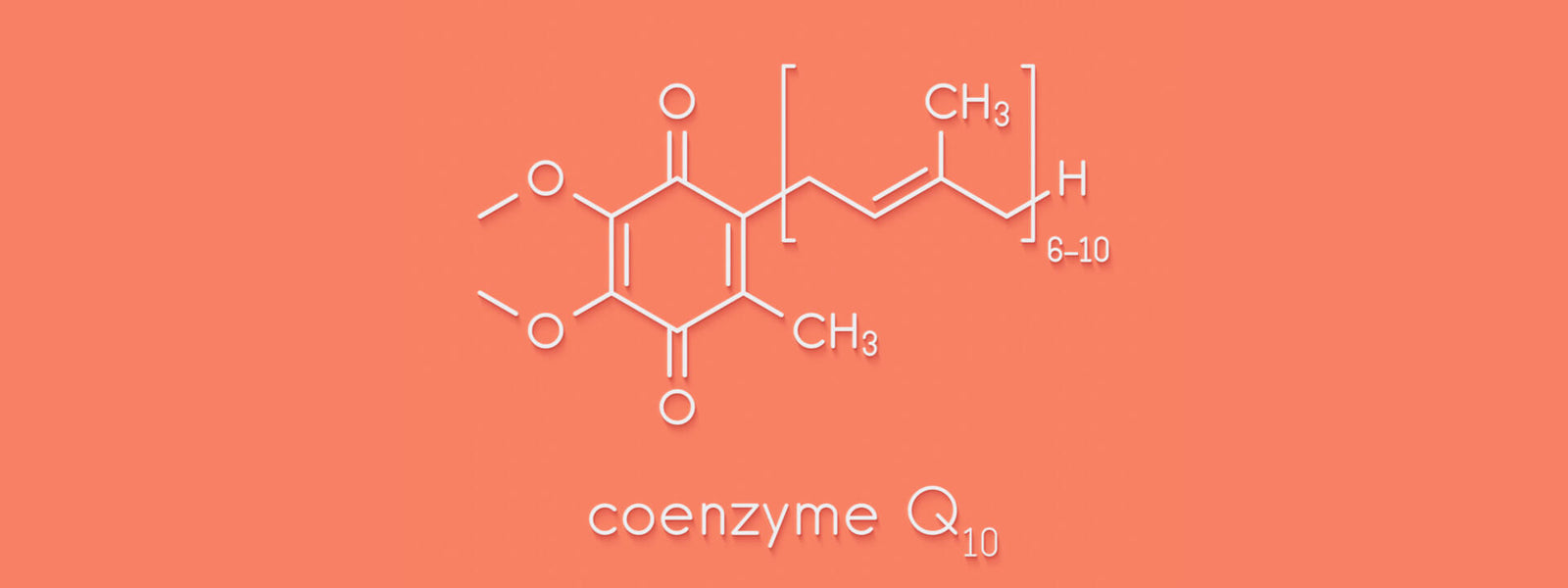According to a new study from a team of researchers based in both Norway and New Jersey, statins may not only cause interactions that help deplete levels of coenzyme Q10 – a substance used by every cell of the body to help encourage growth that also acts as a protective antioxidant (Ref. 1) – but also has the potential to inhibit Vitamin K2, which protects the heart and arteries. (Ref. 2)
That’s not good news for the number of people prescribed statins. Currently, 1 in 4 middle-aged residents in the United States are dutifully taking doctor-prescribed statins, and that number is expected to grow as high as 1 in 2, according to the New England Journal of Medicine.
“The prevailing dogma has been that statins are almost harmless and that they’re wonderful drugs,” Dr. Tom Perry, a pharmacologist and internist in Vancouver, Canada, told Web MD.com. (Ref. 1)
However, some of the most common side effects, including muscle pain, weakness and memory loss, are just the tip of the iceberg when it comes to statin risks.
According to the study from the Norwegian and New Jersey researchers, statins may compound the very problems they are prescribed to help relieve.
Statins and hardening of the arteries
Cholesterol is an important component to cell and body functions, but too much of the harmful forms of Cholesterol may put the heart at risk by causing plaque buildup along the walls of the arteries. Plaque buildup can slow the flow of blood, reducing the transport of oxygen to where it’s needed and elevating the risk of a heart attack or stroke due to reduced blood flow.
Statins are prescribed to help reduce cholesterol levels, and they are the most popular drugs in America. They work by blocking a chemical in the liver that makes cholesterol (Ref. 3), but according to numerous studies, the popular drugs come with side effects that can be as dangerous, or potentially even more dangerous, than the cholesterol itself.
In a study that appeared in March in the journal Expert Review Clinical Pharmacology, researchers found that statins might act as “mitochondrial toxins,” essentially reducing the energy and oxygen cells can transport throughout the body.
Statins also may inhibit “the synthesis of vitamin K2, the cofactor for matrix Gla-protein (MGP) activation, which in turn protects arteries from calcification,” researchers said. (Ref. 2)
Matrix Gla-protein plays a role in both bone and artery health, and if vitamin K2 is not on hand to work with the essential protein MGP, both bone and artery health are in jeopardy.
If the body’s ability to use vitamin K2 is inhibited by statins, the risk of atherosclerosis, or hardening of the arteries, is accelerated. Atherosclerosis – which is caused by high cholesterol - is the leading cause of heart attack and stroke. (Ref. 5)
So is it the worst of all Catch-22s, and are we essentially damned if we do take statins to control high cholesterol, and damned if we don’t?
Not according to researchers from the Netherlands, who found in a study of post-menopausal women that supplementing with vitamin K2 can help improve arterial sclerosis, restoring flexibility and blood flow to arteries. (Ref. 6)
That study is not the only one to suggest upping levels of vitamin K2 could support cardiovascular health.

Supporting healthy cholesterol levels
There are several natural options to help support a healthy cholesterol profile, including vitamin K2, which is found in all our Xtendlife Total Balance formulas except the Children’s blend.
Good quality fish oil’s – such as Xtendlife Omega3/DHA Fish Oil products – has also been shown to help support healthy cholesterol levels.
According to CNN, the omega-3 fatty acids in fish oil have been shown to help lower triglyceride levels, one of the three components of your total cholesterol profile. (Ref. 7)
High triglycerides gave been closely associated with coronary heart disease, and the American Heart Association recommends fish oil as a way to help support heart health.
Statins linked to type 2 diabetes
Heart disease is not the only risk associated with statins.
According to a 2012 study that appeared in an American Heart Association journal, those who used statins had a higher risk of developing type 2 diabetes, a disease that also has an impact on arterial health because high blood sugar levels cause arterial walls to become sticky, slowing the flow of blood.
To reach their conclusions, researchers from Harvard Medical School and the Joslin Diabetes Center reviewed a series of studies to determine that statins did elevate the risk of type 2 diabetes.
“Careful review of findings from many trials combined does show that statins can modestly raise blood sugars, and more patients who are on statin therapy are diagnosed with diabetes mellitus compared with those not on statin,” researchers said. (Ref. 8)
A Canadian study had previously found that high-potency statins boosted the risk of type 2 diabetes by 15 percent for those who were prescribed statins after a heart attack or a stroke compared to those taking lower-potency statins.
“Doctors need to consider the possibility that high doses of statins will increase the risk of diabetes in these patients,” said Dr. Colin Dormuth, the lead author of the study which appeared in the British Medical Journal. (Ref. 8).
REFERENCES:
- http://www.webmd.com/heart-disease/heart-failure/tc/coenzyme-q10-topic-overview
- http://www.reuters.com/article/2015/05/26/idUSnMKWV9kwma+1e0+MKW20150526
- http://www.medicalnewstoday.com/articles/8274.php
- http://www.webmd.com/heart-disease/what-is-atherosclerosis
- http://www.ncbi.nlm.nih.gov/pubmed/25694037
- http://www.cnn.com/2009/HEALTH/08/20/cholesterol.lowering.supplements/index.html?eref=rss_health
- http://circ.ahajournals.org/content/126/18/e282.full
- http://www.bmj.com/content/348/bmj.g3244


 Supplements
Supplements Superfoods
Superfoods Bundles
Bundles